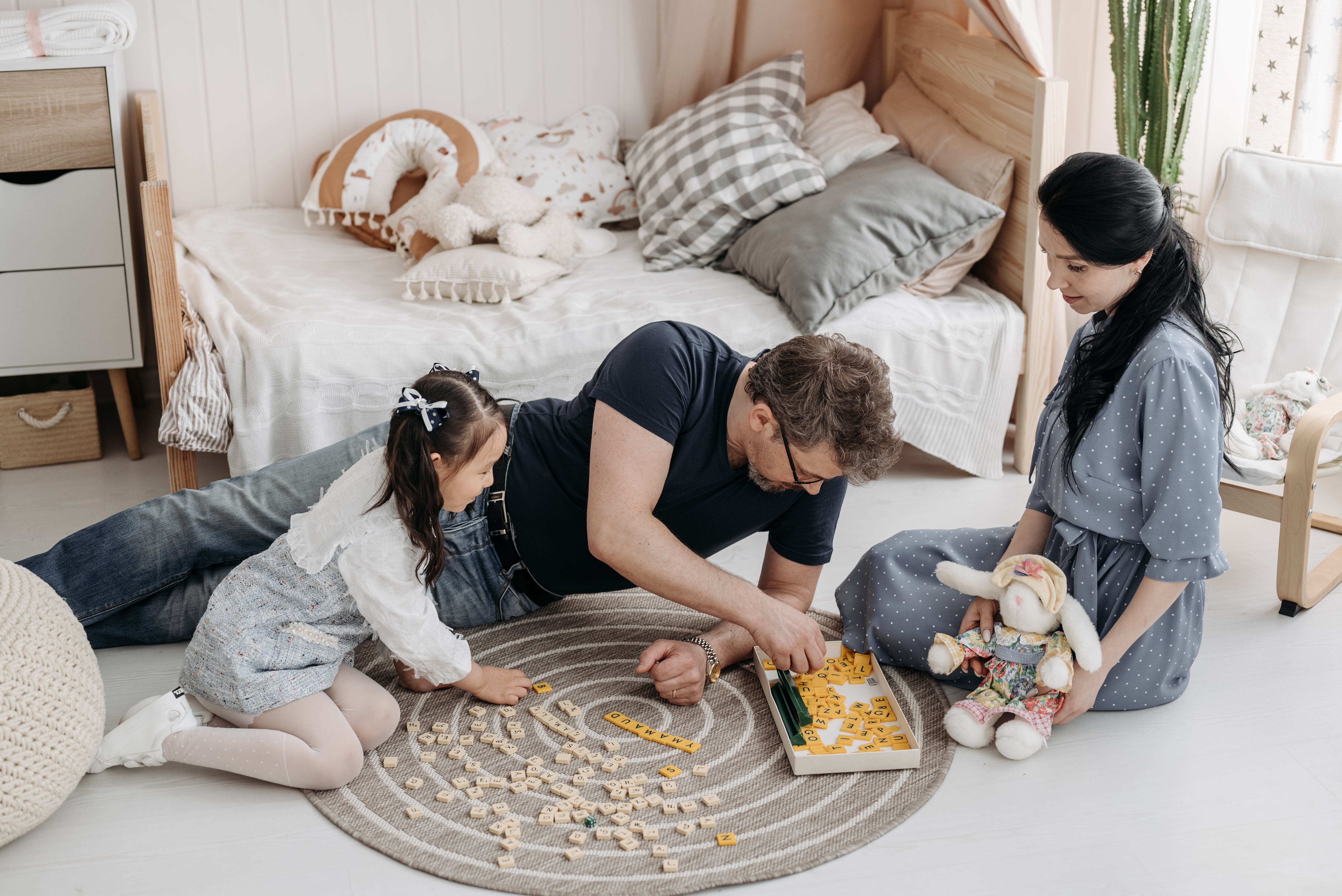Nurturing Character,
Inspiring Minds
Inspiring Minds
Primus Schoolhouse: Reggio-Inspired Bilingual Preschool >
For Parents >
Articles >
Part 2: Positive Discipline: A Parent’s Guide to Nurturing Your Child’s Growth
Positive Discipline: A Parent’s Guide to Nurturing Your Child’s Growth
By Rani Sidhu (VP Academic and Quality Assurance Invictus Preschool)
December 11, 2023
Introduction
As parents, we all want to create a loving and supportive environment for our children to thrive. When it comes to guiding their behaviour, we believe in the power of positive guidance rather than resorting to punitive measures. In this article, we will delve into the benefits of positive guidance and why it is our chosen approach for nurturing our child's growth. By gently guiding and encouraging our children towards positive behaviour, we can help them develop important life skills while maintaining a strong bond built on trust and respect.What is Positive Guidance?
Positive Guidance is an approach to parenting that focuses on mutual respect and communication. It promotes a nurturing environment where children feel valued and supported, while also learning important lessons about responsibility and self-control. Unlike traditional forms of discipline that rely on punishment, positive guidance emphasises teaching and guiding children towards making better choices.The Key Principles of Positive Guidance
1. Respect and Empathy: It is essential to treat preschool-aged children with respect and empathy, even when addressing their misbehaviour. By acknowledging their feelings and perspectives, we can foster trust and build stronger connections with our little ones.2. Clear Expectations: Setting clear expectations is crucial for preschoolers to understand what is expected of them. Clearly communicate rules and boundaries, and make sure they comprehend the consequences of their actions.
3. Consistency: Consistency is vital in positive guidance. Children thrive in a predictable environment, so it is important to uphold expectations and consequences consistently.
4. Teaching and Problem-solving: Rather than simply punishing a child for misbehaviour, positive guidance focuses on teaching problem-solving skills. Encourage your child to think through their actions and find appropriate solutions to conflicts.
Practical Strategies for Positive Guidance
1. Positive Reinforcement: Praise and acknowledge your child's positive actions and behaviours. Celebrate their achievements to strengthen their self-esteem and motivation.2. Redirection: When you notice your child engaging in negative behaviour, redirect their attention to a more appropriate activity. For example, if they are throwing toys, suggest an alternative playtime activity.
3. Time-In: Instead of using traditional "time-outs," opt for "time-ins" where you sit with your child and talk calmly about their actions. Use this opportunity to teach them about their emotions and discuss ways to handle situations better.
4. Natural Consequences: Allow your child to experience the natural consequences of their actions whenever possible. For example, If they don’t finish their food, they will feel hungry. These lessons help them understand the consequences of their choices.
5. Problem-solving Discussions: Engage your child in problem-solving discussions when they misbehave. Encourage them to think about the impact of their actions and develop alternative strategies for handling difficult situations. Positive guidance is a gentle and effective approach to parenting that fosters a loving and respectful relationship between parents and their preschool-aged children. By focusing on teaching, guiding, and maintaining clear expectations, parents can help nurture their child's growth and development.


